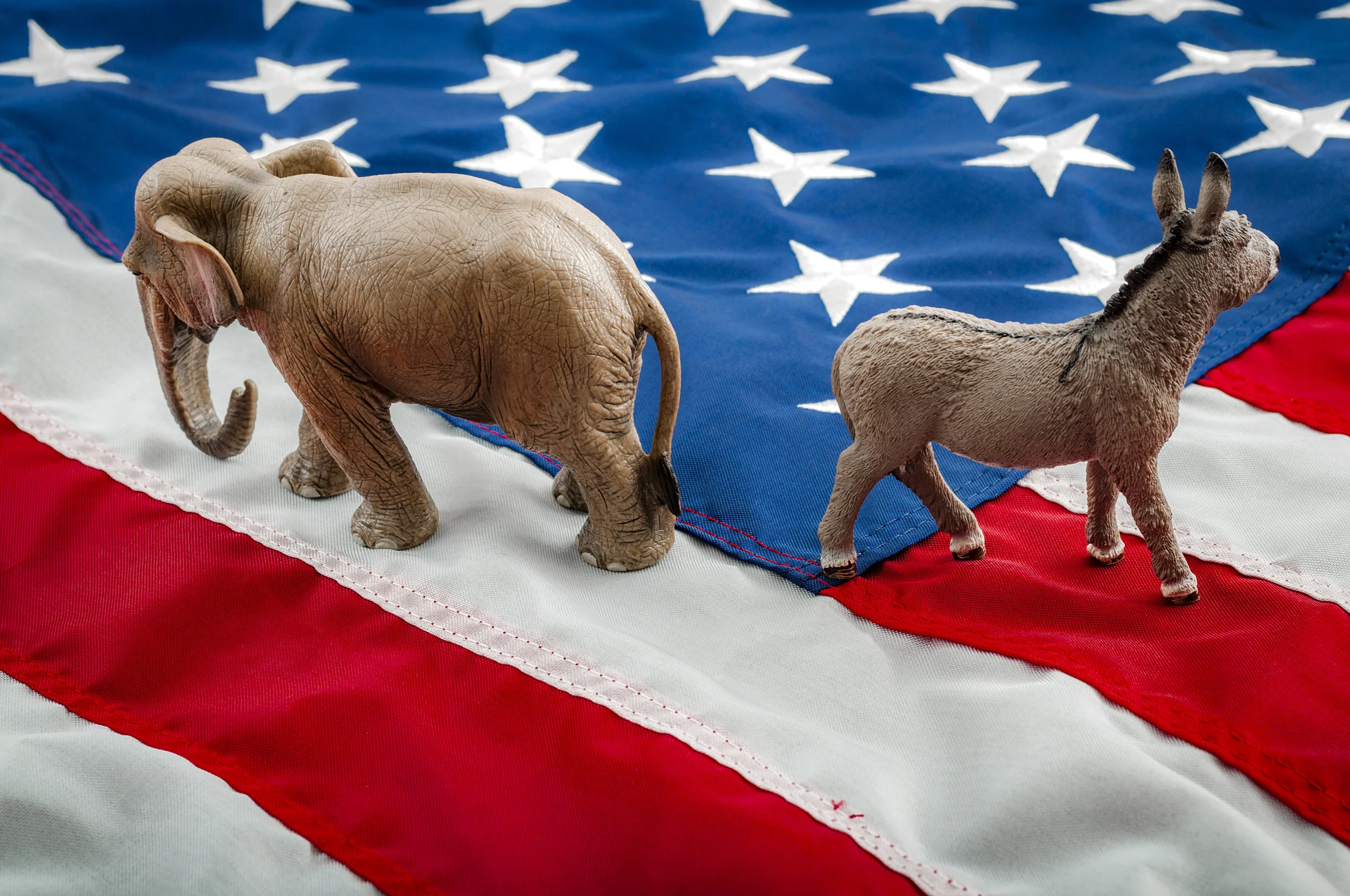In the New York Times, Philip Klein says the incumbent president will “relish” a clash between two bases in the electorates.
The country as a whole does not contain two equally sized blocks of voters that disagree over the policies that divide Klein’s “bases.”
Most Americans do not want the government shut down, do not think we need to recreate the division of East and West Berlin along the border with Mexico, and do want the government to pay attention to the bear market, the risks of missile deployment in North Korea and the threat to security, peace and democracy in war-torn areas of the globe.
Klein’s “bases” happen to be roughly equally numerous in Pennsylvania, Michigan, Wisconsin, and Florida, at least as of the 2016 election. It is only because the presidential selection system makes the pluralities in these states determinative of who wins 270 electors that any incumbent president can “relish” the current fault lines in American politics.

